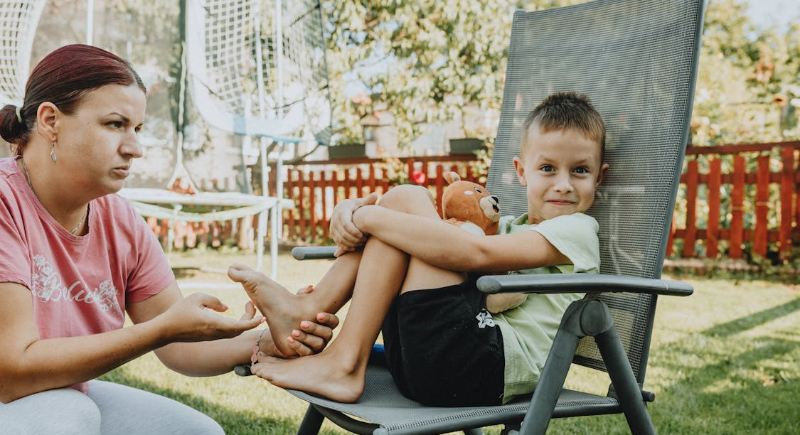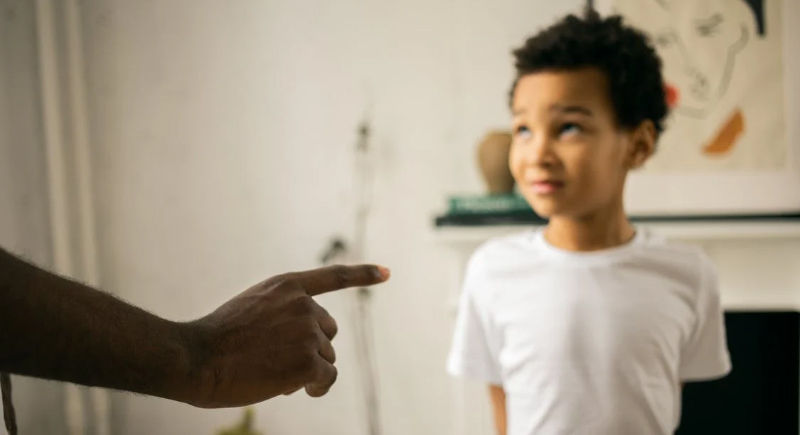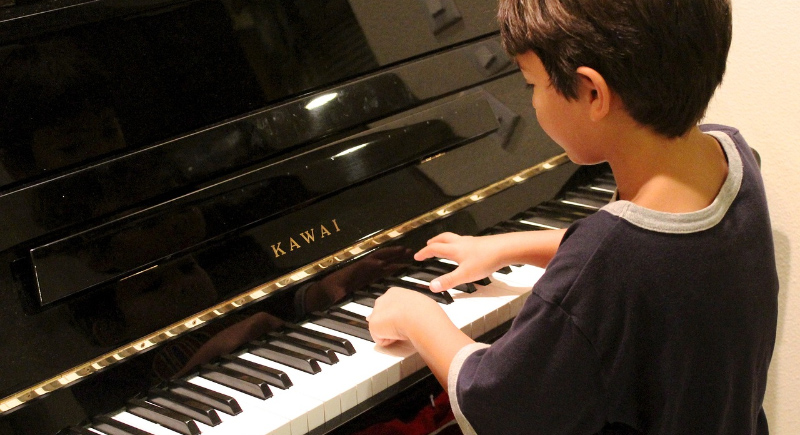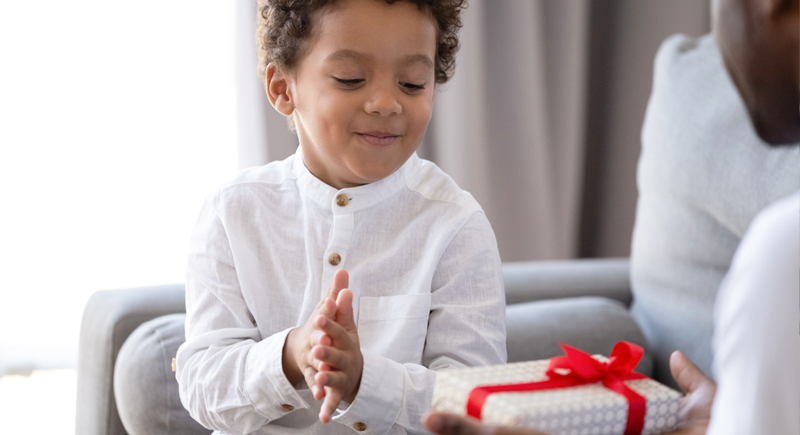Retired People Share the Biggest Parenting Mistakes in Their Lives
Parenting comes with no manual, and no matter how prepared we feel, life often throws us curveballs. Over the years, many retirees have reflected on their time raising children, sharing candid insights into the decisions they regret most. These aren’t warnings or scoldings—they’re thoughtful reflections designed to help today’s parents avoid some of the pitfalls they’ve encountered.
Invalidating Feelings

Credit: pexels
One recurring regret that we’ve noted is parents not taking children’s emotions seriously enough. It’s easy to dismiss a child’s fears about a thunderstorm or frustration over a lost toy as “just a phase.” But as experienced parents later understand, those small moments are often windows into bigger needs for validation and connection. Listening doesn’t just calm their worries; it helps kids learn to process emotions effectively.
Not Helping Accept Failures

Credit: pexels
As parents, protecting children from failure is a natural instinct, but many retirees admit it often does more harm than good. Shielding kids from challenges—whether it was an inevitable bad grade or a lost game—meant they missed out on learning how to handle setbacks. Allowing them to face the occasional stumble teaches resilience and problem-solving and prepares them for the unpredictability of adult life.
Not Trusting Yourself as a Parent

Credit: pexels
All parents are bombarded with advice from experts, books, and even well-meaning friends, but a lot of the time, it’s better to rely on your own instincts more. Every family and every child is different. Looking back, you’ll realize that your best parenting moments came when you followed your gut instead of outside opinions.
Spoiling Kids

Credit: pixabay
For many experienced parents, the desire to give their kids “everything they didn’t have” led to overindulgence. This could be in the form of the newest gadgets, lenient rules, or too many extracurriculars. It can quickly create entitlement instead of gratitude. They stress the importance of balance: providing enough to make kids feel secure without overshadowing the value of effort and appreciation.
Aiming for Perfection

Credit: pexels
Expecting perfection—whether in school, behavior, or extracurriculars—can cause severe and unnecessary pressure. Children thrive when they know their efforts are valued, even when results fall short. Spend more time celebrating progress instead of nitpicking imperfections. It’s about teaching kids to embrace growth, not fear failure.
Modeling Unhealthy Disagreements

Credit: pexels
As all married couples know, arguments between parents are inevitable, but it’s important to reflect on the lasting impact of how those disagreements were handled. Constantly fighting in front of children will create tension and insecurity, while avoiding conflict altogether will leave issues unresolved. What matters most is demonstrating respectful communication—showing kids it’s possible to disagree while still maintaining love and mutual respect.
Keeping Vague Boundaries

Credit: pexels
It’s tempting to want to be the “cool” parent, especially during those tricky teenage years. But retired people caution against blurring the line between parent and friend. Setting clear boundaries helps kids feel safe and supported. Boundaries are not barriers; they are the foundation of trust and respect within a family.
Being Unclear on Finances

Credit: pexels
Money was a taboo topic during the parenting years for many of us. Now, experienced parents see the missed opportunity in not teaching their children financial literacy early on. Conversations about budgeting, saving, and responsible spending prepare kids for the realities of adulthood. This gives them tools to navigate their own financial independence.
Not Prioritizing Family Dinners

Credit: pixabay
Life gets busy, and family dinners can feel like one more thing to juggle. But it’s nonetheless very important to have a chance to check in, share stories, and build family bonds. Even a 20-minute dinner at the table can foster connection in ways that no gadget or activity ever could.
Not Offering Yourself Grace as a Parent

Credit: pexels
Many parents often look back on how harshly they judged themselves when their children were younger. Every misstep can feel monumental at the time, but in hindsight, they see how their love and consistency outweighed the occasional mistakes. Parenting is messy and imperfect, but giving yourself grace is one of the best gifts you can offer your family.
Not Leaving Space for Unstructured Time

Credit: pixabay
We know it’s well-intended, but overscheduling your child’s life will not fare well. From sports to music lessons to endless playdates, packing your children’s calendars comes at the cost of free time to explore, daydream, or just relax. Unstructured time sparks creativity, fosters independence, and allows kids to discover what truly interests them.
Not Being Involved in the Big Moments

Credit: pexels
While help from teachers, coaches, or caregivers should always be welcome, there are some things that are best left to you as a parent. Moments like attending parent-teacher conferences or being present at milestones are irreplaceable. They serve as reminders to kids that their parents are invested in their growth and well-being.
Quick Fixes

Credit: iStockphoto
Bribing children for good behavior might work in the short term, but experienced parents later recognize its long-term drawbacks. Relying on rewards teaches kids to act for external validation rather than internal values. Building a foundation of respect and understanding takes more time but creates lasting character.
Having Severe Emotional Reactions

Credit: iStockphoto
When kids misbehave, it’s easy to take it personally—as if their actions are a direct reflection of your parenting. Most retired people admit that their strongest reactions often came from feeling embarrassed or frustrated. Over time, they learned that staying calm and seeing misbehavior as a teaching moment was far more effective.
Avoiding Reaching Out When Help Is Needed

Credit: pexels
One of the most profound reflections from experienced parents was the realization that seeking help is not a sign of failure. Even if it’s family therapy, academic support, or simply advice from trusted friends, reaching out can make all the difference between a burnt-out and supported parent. Ultimately, leaning on others strengthens both you and your child.
Being Too Quick to Compare

Credit: Canva
Many retirees admit that comparing one child to another often does more harm than good. What seemed like motivation sometimes felt like judgment. Children thrive when encouraged to grow at their own pace, where effort and individuality matter more than keeping up with others.
Underestimating the Impact of Words

Credit: iStockphoto
Parents later realized that small remarks often echoed louder than they ever meant. A careless joke or impatient sigh could linger in a child’s memory long after the moment has passed. Thoughtful language fosters confidence and connection, teaching children that love speaks louder than criticism.